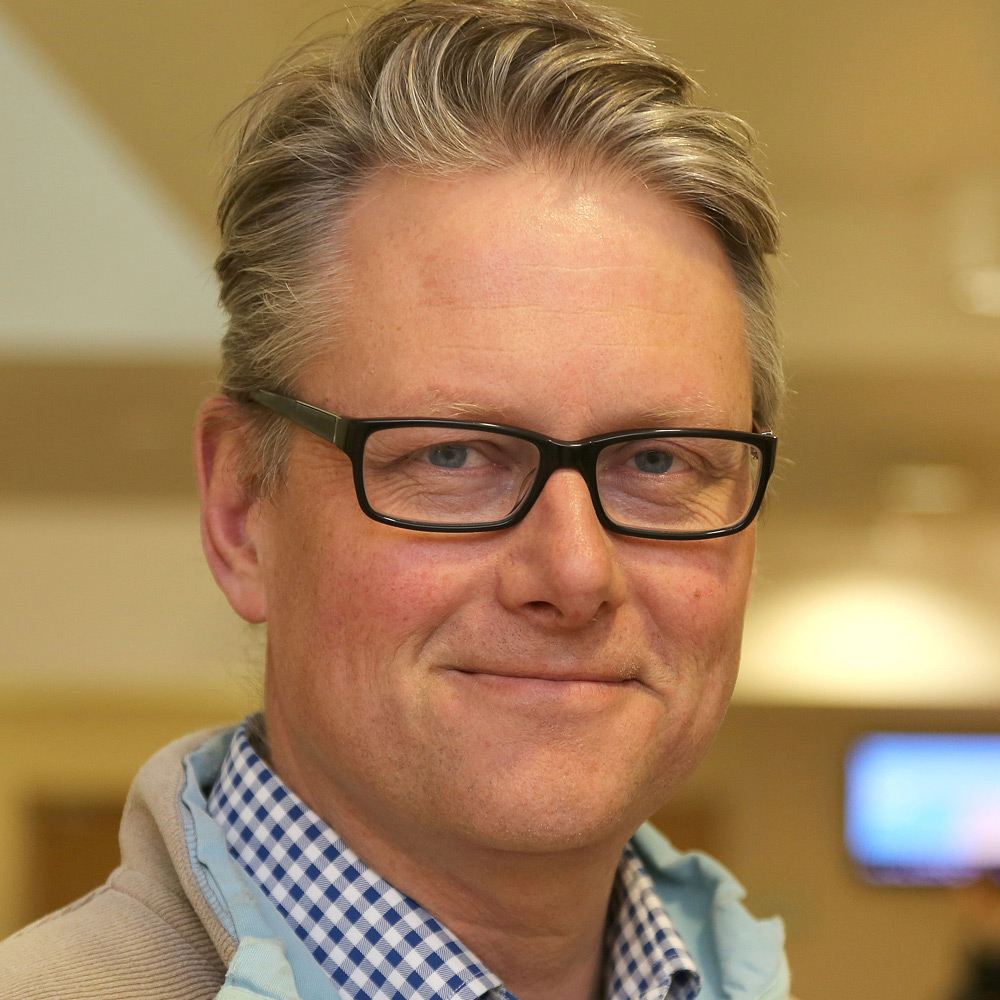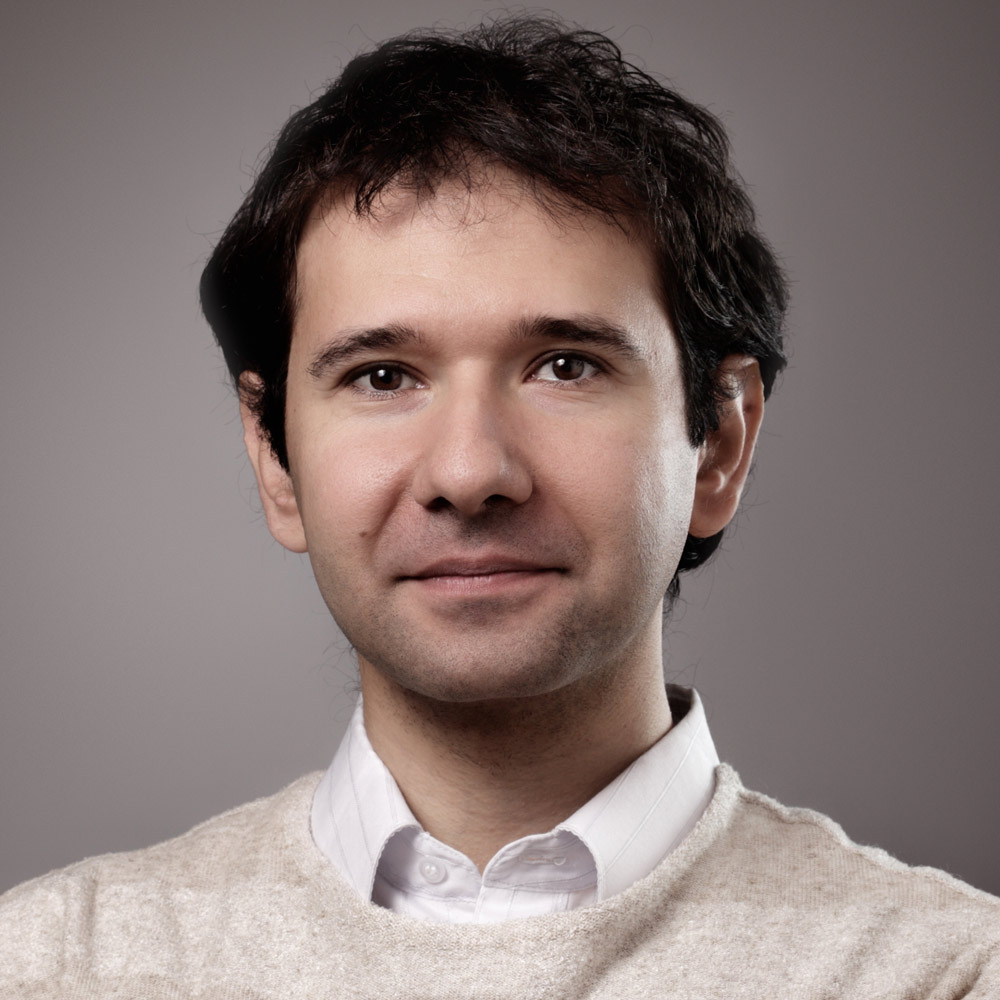BSc (Hons) Genetics

Overview
What is the BSc (Hons) Genetics?
The BSc (Hons) Genetics is a three-year degree, extendable to four with an optional year in placement or abroad.
You’ll grasp real-world applications of genetics in medicine, biotechnology and genomics, specialising in biomedical aspects, genomes or both.

Why this course
The BSc (Hons) Genetics trains you in both genetics and genomics. You’ll study molecular cell biology, evolutionary biology, the human genome, bioinformatics, and the contribution of genome science to the diagnosis and prevention of disease.
Add a placement year or study abroad to put your learning into practice, expand your perspective and build confidence in professional or international settings. Previous students have placed with GlaxoSmithKline (GSK), Proctor & Gamble (P&G), AquaTerra, AstraZeneca, Genzyme, Reckitt Benckiser, Thermo Fisher and Isogenica – some of our 40 partner labs.
You’ll graduate on the path to a geneticist or biomedical scientist career.
Who should apply
- Future geneticists, biomedical scientists and biological scientists
- Students eager to explore the latest developments and applications of genetics
- Those wanting to further our modern understanding of the human body, genetics and immunology
- Practical learners wanting hands-on experience
What you’ll learn
- Introductions: Spend Year One exploring molecular cell biology, genetics, microbiology and biochemistry
- Genetics: Further investigate the human genome and human molecular genetics
- Bioinformatics: Grasp computational data analysis with R and genome bioinformatics
- Employability: Gain employability and transferrable skills for the biosciences
- Specialise: Tailor your degree through your choice of applied modules
Your learning experience
- Optional study abroad year: Spend a year at one of our partner universities and experience another culture with the Study Abroad programme
- Optional placement year: Gain professional experience in a business or organisation with university support from Placements at Essex
- Expert teaching: Learn in a lively, friendly and supportive community with research-led study and high-quality teaching from researchers across the spectrum of biology
- Specialist facilities: Access a range of equipment and facilities from teaching labs to genome sequencing, gene cloning, bioimaging and advanced microscopy, and complete your final-year research alongside academics and research students in shared labs
Careers and outcomes
A BSc (Hons) Genetics degree prepares you for diverse careers in:
- Genetics: Forensic science, genetic counselling, plant genetics and breeding
- Biology: Biotechnology, microbiology, conservation
- Health: Biomedical science, clinical science
- Research: Postgraduate research programmes
- Education: Primary and secondary science and biology teaching
- 1st in the UK for biology and genetics (Mail University Guide 2026)
- 1st for student positivity in genetics (National Student Survey 2025, English Broad Discipline Universities)
- Top 400 for life sciences (THE World University Rankings 2025)
"After graduating from Essex I studied an MPhil in Genomic Medicine at the University of Cambridge and now I'm a life science researcher at Airfinity. At Essex I saw how research was done. I became an undergraduate research assistant in the Teif lab in the School of Life Sciences and was supported by the Genetics Society Summer Studentship and by the UROP fellowship. I gained so many skills that helped me secure my current job and keep on building my skillset with every day. Most importantly, I learned how to stay motivated and strive for success."
Kristan Valentinova Piroeva, BSc Genetics, 2020
Meet the researchers
Entry requirements
UK entry requirements
- GCSE: Mathematics C/4.
- A-levels: BBB - BBC or 120 - 112 UCAS tariff points from a minimum of 2 full A-levels, including B in Biology, Chemistry, Human Biology or Life Health Sciences.
- BTEC: DDM - DMM or 120 - 112 UCAS tariff points from a minimum of the equivalent of 2 full A-levels. The acceptability of BTECs is dependent on subject studied and optional units taken - email ugquery@essex.ac.uk for advice.
- Combined qualifications on the UCAS tariff: 120 - 112 UCAS tariff points from a minimum of 2 full A levels or equivalent including B in Biology (or equivalent).Tariff point offers may be made if you are taking a qualification, or mixture of qualifications, from the list on our undergraduate application information page.
- IB: 30 - 29 points in the IB Diploma or 120 - 112 UCAS tariff points to include a minimum of 2 Higher Level subjects including 5 in Higher Level Biology or Chemistry. Our GCSE Maths requirement can be met with either: 2 in Standard level Maths; 2 in Higher level Maths; or 4 in IB Middle Years Maths.
- IB Career-related Programme: We consider combinations of IB Diploma Programme courses with BTECs or other qualifications. Advice on acceptability can be provided, email Undergraduate Admissions.
- QAA-approved Access to HE Diploma: 120 - 112 UCAS tariff points, depending on subject studied - advice on acceptability can be provided, email Undergraduate Admissions.
- T-levels: 120 - 112 UCAS tariff points. For our Life Sciences courses we can consider T-levels taken in Science on a case-by-case basis. Depending on the course applied for there may be additional requirements, which may include a specific grade in the Core. We cannot accept the T-levels in Health or Healthcare Science.
Plus one of the level 3 qualifications below:
Contextual Offers:
We are committed to ensuring that all students with the merit and potential to benefit from an Essex education are supported to do so. We make Contextual Offers, of up to two A-level grades (or equivalent) below our standard conditional offer, to applicants from underrepresented groups residing in the UK. Our Contextual Offers policy outlines the full eligibility criteria.
For further information about what a Contextual Offer may look like for your specific qualification profile, email ugquery@essex.ac.uk.
If you haven't got the grades you hoped for, have a non-traditional academic background, are a mature student, or have any questions about eligibility for your course, more information can be found on our undergraduate application information page or get in touch with our Undergraduate Admissions Team at ugquery@essex.ac.uk.
International & EU entry requirements
We accept a wide range of qualifications from applicants studying in the EU and other countries. Get in touch with any questions you may have about the qualifications we accept. Remember to tell us about the qualifications you have already completed or are currently taking.
Sorry, the entry requirements for the country that you have selected are not available here. Please contact our Undergraduate Admissions team at ugquery@essex.ac.uk to request the entry requirements for this country.
English language requirements
English language requirements for applicants whose first language is not English
IELTS 6.0 overall with a minimum of 5.5 in each component, or specified score in an equivalent test that we accept.
Details of English language requirements and the tests we accept for applicants who require a Student visa (excluding Nationals of Majority English Speaking Countries) can be found here
If we accept the English component of an international qualification it will be included in the academic levels listed above for the relevant countries.
Pre-sessional English courses
If you do not meet our IELTS requirements then you may be able to complete a pre-sessional English pathway that enables you to start your course without retaking IELTS.
Additional Notes
If you’re an international student, but do not meet the academic requirements for direct admission to this degree, you could prepare and gain entry through a pathway course. Find out more about opportunities available to you at the University of Essex International College
Structure
Course structure
Our research-led teaching is continually evolving to address the latest challenges and breakthroughs in the field. The following modules are based on the current course structure and may change in response to new curriculum developments and innovation.
We understand that deciding where and what to study is a very important decision for you. We'll make all reasonable efforts to provide you with the courses, services and facilities as described on our website and in line with your contract with us. However, if we need to make material changes, for example due to significant disruption, we'll let our applicants and students know as soon as possible.
Components
Components are the blocks of study that make up your course. A component may have a set module which you must study, or a number of modules from which you can choose.
Each component has a status and carries a certain number of credits towards your qualification.
| Status | What this means |
| Core |
You must take the set module for this component and you must pass. No failure can be permitted. |
| Core with Options |
You can choose which module to study from the available options for this component but you must pass. No failure can be permitted. |
| Compulsory |
You must take the set module for this component. There may be limited opportunities to continue on the course/be eligible for the qualification if you fail. |
| Compulsory with Options |
You can choose which module to study from the available options for this component. There may be limited opportunities to continue on the course/be eligible for the qualification if you fail. |
| Optional |
You can choose which module to study from the available options for this component. There may be limited opportunities to continue on the course/be eligible for the qualification if you fail. |
The modules that are available for you to choose for each component will depend on several factors, including which modules you have chosen for other components, which modules you have completed in previous years of your course, and which term the module is taught in.
Modules
Modules are the individual units of study for your course. Each module has its own set of learning outcomes and assessment criteria and also carries a certain number of credits.
In most cases you will study one module per component, but in some cases you may need to study more than one module. For example, a 30-credit component may comprise of either one 30-credit module, or two 15-credit modules, depending on the options available.
Modules may be taught at different times of the year and by a different department or school to the one your course is primarily based in. You can find this information from the module code. For example, the module code HR100-4-FY means:
| HR | 100 | 4 | FY |
|---|---|---|---|
|
The department or school the module will be taught by. In this example, the module would be taught by the Department of History. |
The module number. |
The UK academic level of the module. A standard undergraduate course will comprise of level 4, 5 and 6 modules - increasing as you progress through the course. A standard postgraduate taught course will comprise of level 7 modules. A postgraduate research degree is a level 8 qualification. |
The term the module will be taught in.
|
COMPONENT 01: CORE
Develop your skillset and boost your CV. This module prepares you for the coursework, laboratory practicals and research projects that you will encounter during undergraduate study. Get to know referencing systems and learn how to effectively communicate scientific information. Use scientific units and simple algebra and demonstrate understanding of logarithms, exponentials, geometry and elementary calculus. Learn how to design experiments, handle data and display, interpret and analyse basic statistics. Teaching and learning will be through a mixture of lectures, classes, practicals and tutorials, with an emphasis on developing the key transferable skills needed for a career in biosciences.
View Quantitative methods for Life Sciences on our Module Directory
COMPONENT 02: CORE
The building blocks of life, plants and animals depend on the actions of individual cells. Investigate the biochemical characteristics of the small molecules and large macromolecules that allow cells to function. You examine the origins of life, cell structure and function, energy transductions, synthesis of molecules, and the eukaryotic cell cycle.
COMPONENT 03: CORE
Microbes are essential for life, playing a vital role in connecting the health of humans, animals, and ecosystems. They aid in digestion, provide essential vitamins, and contribute significantly to our overall health and well-being. Marine microbes, for instance, produce approximately one-third of the oxygen we breathe. Additionally, microbes are indispensable for achieving the United Nations' Sustainable Development Goals, as they clean up pollutants and synthesize valuable products like antibiotics. However, not all microbes are beneficial - some cause devastating diseases. Despite significant advances in treatment and prevention, the incidence of infectious diseases continues to rise. In this module, you will explore the vast diversity and evolution of mostly beneficial microbes, alongside the pathogenicity of harmful ones. You will investigate how different viruses and bacteria invade, interact with, and replicate within their hosts. Through two practical sessions in our state-of-the-art teaching laboratory, you will study a food poisoning outbreak and will gain hands-on experience in growing, observing, purifying, counting, and even killing microbes. These sessions will equip you with highly sought-after skills, including aseptic technique, serial dilution, and data analysis.
COMPONENT 04: CORE
Explore the building blocks of life. From the proteins that make up our genetic code to the lipids that envelope our cells, explore the structure, function and biological role of the major macromolecules. You investigate the basic principles of protein structural bioinformatics and protein structural evolution, examine how ligand-binding equilibria may form the basis of diverse biological phenomena, learn the structure and properties of monosaccharides and polysaccharides and review the major types of lipids. This module develops key skills in analysis and interpretation of data, biochemical methodology and calculation of biochemical parameters.
COMPONENT 05: CORE
Why do we all look different? Are some illnesses hereditary? Are animals born ready-suited to their environment? From the early theories of Mendel to modern studies in molecular genetics, you explore how scientists have answered these questions over the last 150 years. Examine how the structure and function of DNA allows genetic material to be expressed, replicated and inherited, and consider how genetic variation leads to adaptive evolution. From developing new technologies in gene cloning to the applications for modern medicine, you explore how geneticists are building on the earlier achievements in this fundamentally important field to enhance our understanding of life on earth.
COMPONENT 06: CORE
Many recent advances in biological research have been born from an increased understanding of the molecules involved in systems and processes. But what do things look like beyond molecular level?<br><br>Study how molecules are formed from individual atoms, and how the properties of these constituent atoms influence molecular structure and reactivity. Examine the fundamental concepts of chemical bonding, electronegativity, acidity, basicity, hydrogen bonding and review the common organic functional groups and different types of isomerism.
COMPONENT 08: COMPULSORY
You will develop your transferable skills in scientific writing (including referencing and avoiding plagiarism), teamwork and communication through oral presentations, study and research skills (including essay writing, lecture note taking, use of library and databases). Teaching and learning will be through a mixture of lectures, classes, and tutorials. The emphasis will be on small group, tutorial-style teaching and interaction with other students on this module, with assessments tailored to your degree subject area.
View Transferable Skills in Life Sciences on our Module Directory
COMPONENT 01: COMPULSORY
Develop your research, analytical, creative and critical thinking skills during this employability and skills module. Subject and employability knowledge and employability opportunities will be developed. You will gain a range of degree and employability skills, including written and verbal communication to different target audiences. Develop competency in research, analysis, enterprise, creativity within groups and individually. Part of your professional development will be creating your own employability portfolio which can be used for future PDP.
View Employability Skills for the Biosciences on our Module Directory
COMPONENT 02: COMPULSORY
Molecular biology is central to our knowledge of how biology "works" at a molecular level. This module explores the breadth of processes involved in the regulation of gene expression and the proteins that are made. You also discover the ever-expanding range of molecular biology techniques, including PCR, cloning and mutagenesis, and how these are applied to investigate and treat disease.
View Molecular Biology: Genes, Proteins and Disease on our Module Directory
COMPONENT 03: COMPULSORY
The study of cells is at the centre of modern biology. Learn how cellular components determine cell structure and function, how cells communicate and how signaling pathways regulate cell fate. You also explore the regulation of the cell cycle and cell death and learn about changes that occur in cells that have become cancerous. A solid understanding of cell biology opens doors to more specialist topics, such as plant biotechnology and cancer biology.
COMPONENT 04: COMPULSORY
We are in the age of genomics and scientists have devised new technologies that can generate whole genome sequences in days which would once have taken years to achieve. Learn the high-throughput techniques of next-generation sequencing used to study genomes, the proteome and the interactome. Investigate how nucleotide sequences are analysed, applying the analytical tools used by research scientists and understand how new genes are discovered and their functions revealed. You also discover how our knowledge of gene structure is being applied in the emerging field of synthetic biology to create new organisms and modify existing ones by gene editing.
COMPONENT 05: COMPULSORY
If we were to compile the DNA sequence of the human genome into a book, it would be 200,000 pages long, and would take 10 years to read. The ability to effectively interpret and analyse large-scale genetic and genomic data sets is a crucial skill for next-generation biologists. The module provides a basic introduction to R, the programming language of choice for biologists industry and academia. You learn to write scripts and functions, read and write data files in different formats, use basic plot functionalities and perform basic statistical analysis.
View Computational Data Analysis: R for Life Sciences on our Module Directory
COMPONENT 07: COMPULSORY
5.5% of the population will have developed a genetic disorder by age 25. But how does genetic disease occur? From understanding the molecular basis of genetic disease, to the techniques used in NHS laboratories for diagnosis and screening for genetic disorders, you address the nature and inheritance of both single gene and complex genetic disease, and explore the effects of abnormalities in human chromosomes. Developments such as gene therapy, the 100,000 genomes project and manipulation of embryos will also be discussed.
COMPONENT 01: COMPULSORY
This module aims to prepare you for carrying out an individual scientific investigation on a topic relating to your degree. Develop skills to identify a suitable question and then design an experimental approach to obtain data addressing this question. The assessment focuses on your analysis and presentation of these data in a suitable scientific paper format report, on the research, understanding and critical writing about the scientific literature relating to your project. Your oral project presentation skills and response to questions, the planning and management of your project work, your progress reflection and your employability skills will also be evaluated. This module has been designed to enable students to integrate their subject knowledge with an understanding of sustainable development, acquiring the skills and competencies essential for addressing the urgent sustainability challenges of the 21st century.
View Research Project in Life Sciences on our Module Directory
COMPONENT 02: COMPULSORY
The study of human genetics is one of the fastest moving areas of scientific research today. Get to know some important emerging themes from the human genome sequence into the emerging fields of epigenetics and non-coding RNAs. You examine variations in genome sequence and structure in human populations, and consider the evidence for selection in human populations. Consider the evolution of the X chromosome and its regulation by the process of X-inactivation. You also investigate the significance of imprinting and epigenetics in human disease.
COMPONENT 03: COMPULSORY
Fill the skills gap. Bioinformatics is a rapidly growing discipline based on the need to obtain biologically-meaningful information from the huge volumes of DNA-sequence, gene expression and protein structure data. Traditionally the niche area of computational biologists, there is an increasing need to for every type of biologist to be able to handle large datasets. You learn by solving problems, working through example datasets in order to understand and learn how to utilise and interpret commonly used methods.
Placement
On a placement year you gain relevant work experience within an external business or organisation, giving you a competitive edge in the graduate job market and providing you with key contacts within the industry. The rest of your course remains identical to the three-year degree.
Year abroad
On your year abroad, you have the opportunity to experience other cultures and languages, to broaden your degree socially and academically, and to demonstrate to employers that you are mature, adaptable, and organised. The rest of your course remains identical to the three-year degree.
Teaching
- Courses are taught by a combination of lectures, laboratory work, assignments, and individual and group projects.
- Gain experience collating and interpreting data, and reporting findings clearly and concisely.
- Undergraduate students in the School of Life Sciences typically attend two or three hours of lectures per week per module, plus two or three laboratory practices per module.
Assessment
- Degrees are awarded on the results of your written examinations together with continual assessments of your practical work and coursework.
- Contribute towards real-world research projects in your final year of study.
Fees and funding
Home/UK fee
£9,790 per year
International fee
£24,360 per year
Fees will increase for each academic year of study.
If your course has the option to include a placement year or study abroad, and you choose to do so, you will pay the following:
Placement year
20% of your standard tuition fee for that year
Study abroad
Full year abroad
15% of your standard tuition fee for that year
Single term abroad
Standard tuition fee
Scholarships and financial support
There may be scholarships, bursaries or discounts available to help with the cost of this course.
Fees and funding guide
What's next

Open Days
Our events are a great way to find out more about studying at Essex. We run a number of Open Days throughout the year which enable you to discover what our campus has to offer. You have the chance to:
- tour our campus and accommodation
- find out answers to your questions about our courses, student finance, graduate employability, student support and more
- meet our students and staff
Check out our Visit Us pages to find out more information about booking onto one of our events. And if the dates aren’t suitable for you, feel free to book a campus tour here.
2026 Open Days (Colchester Campus)

Applying
Applications for our full-time undergraduate courses should be made through the Universities and Colleges Admissions Service (UCAS). Full details on how to apply can be found on the filling in your UCAS undergraduate application web page.
Our UK students, and some of our EU and international students, who are still at school or college, can apply through their school. Your school will be able to check and then submit your completed application to UCAS. Our other international applicants (EU or worldwide) or independent applicants in the UK can also apply online through UCAS Apply.
The UCAS code for our University of Essex is ESSEX E70. The individual campus code for our Loughton Campus is 'L'.
You can find further information on how to apply, including information on transferring from another university, applying if you are not currently at a school or college, and applying for readmission on our How to apply and entry requirements page.
If you receive an undergraduate offer to study with us in October 2026 and live in the UK, you will receive an email invitation to book onto one of our Open Days. These events provide the opportunity to meet your department, join interesting taster sessions, tour our campus and accommodation, and chat to current students. You can visit our Open Days event page for more information, including terms and conditions.

Visit Colchester Campus
Set within 200 acres of award-winning parkland - Wivenhoe Park and located two miles from the historic city centre of Colchester – England's oldest recorded development. Our Colchester Campus is also easily reached from London and Stansted Airport in under one hour.

Virtual tours
If you live too far away to come to Essex (or have a busy lifestyle), no problem. Our 360-degree virtual tour allows you to explore our University from the comfort of your home. Check out our Colchester virtual tour to see accommodation options, facilities and social spaces.
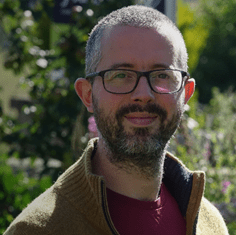
Got a question about this course? Chat with one of our academics in the School of Life Sciences.

Sign up for emails
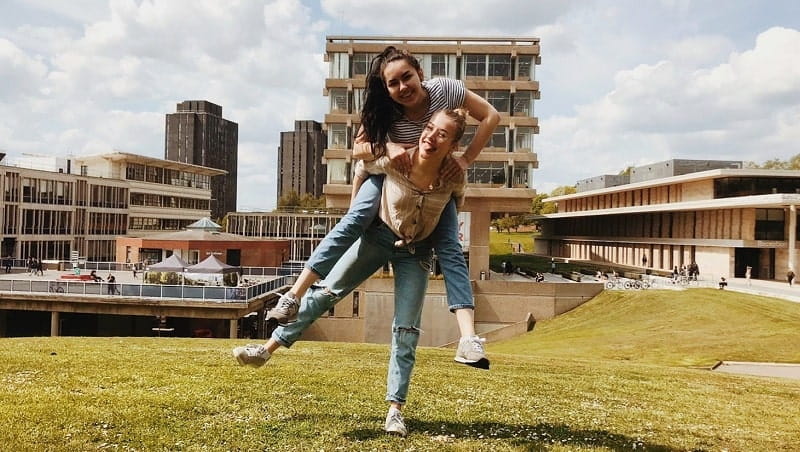
Apply now
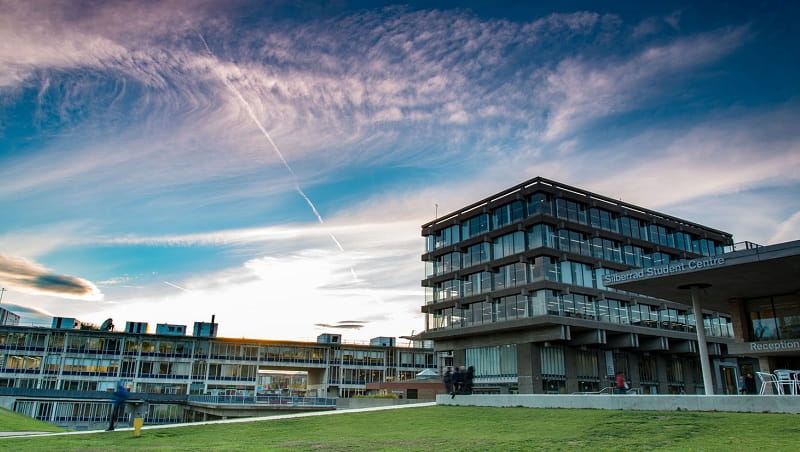
Visit us virtually
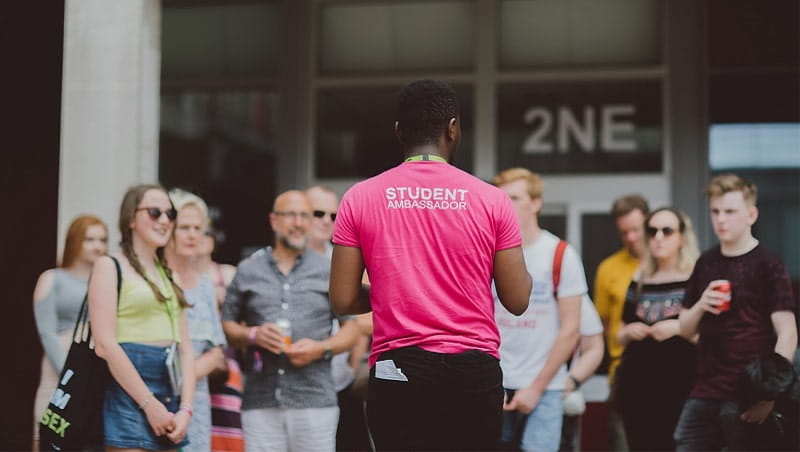
Book an open day
At Essex we pride ourselves on being a welcoming and inclusive student community. We offer a wide range of support to individuals and groups of student members who may have specific requirements, interests or responsibilities.
The University makes every effort to ensure that this information on its programme specification is accurate and up-to-date. Exceptionally it can be necessary to make changes, for example to courses, facilities or fees. Examples of such reasons might include, but are not limited to: strikes, other industrial action, staff illness, severe weather, fire, civil commotion, riot, invasion, terrorist attack or threat of terrorist attack (whether declared or not), natural disaster, restrictions imposed by government or public authorities, epidemic or pandemic disease, failure of public utilities or transport systems or the withdrawal/reduction of funding. Changes to courses may for example consist of variations to the content and method of delivery of programmes, courses and other services, to discontinue programmes, courses and other services and to merge or combine programmes or courses. The University will endeavour to keep such changes to a minimum, and will also keep students informed appropriately by updating our programme specifications. The University would inform and engage with you if your course was to be discontinued, and would provide you with options, where appropriate, in line with our Compensation and Refund Policy.
The full Procedures, Rules and Regulations of the University governing how it operates are set out in the Charter, Statutes and Ordinances and in the University Regulations, Policy and Procedures.

